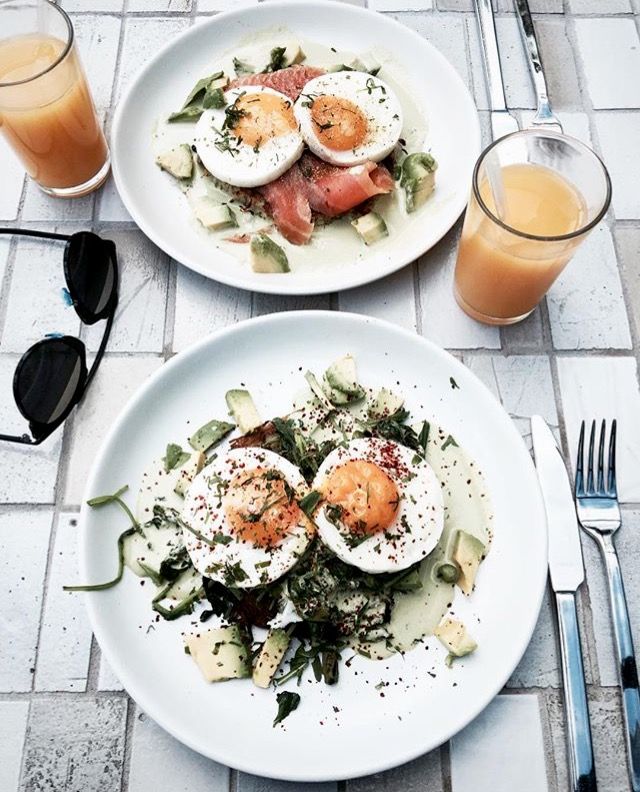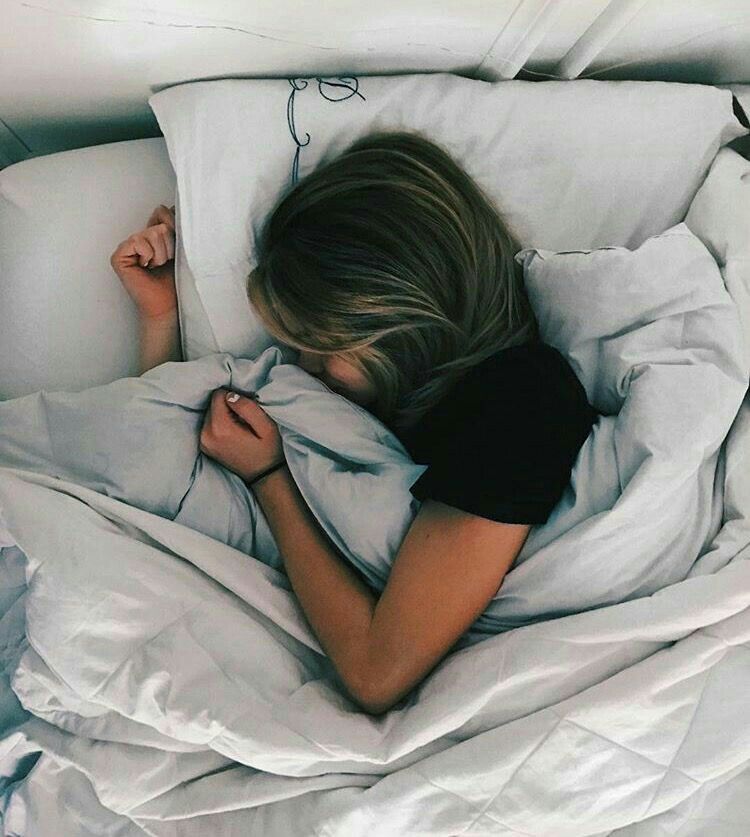
Image courtesy: www.pinterest.com
We wrote an article beforehand about how tightly linked sleep and the food you eat are. It showed how there were plenty of food to eat in specific ways and in a specific time to get the most peaceful sleep out of your nights. We also viewed a series of hormones and neurotransmitters responsible for the quality of your sleep such as GABA and others. Some people may find that they needed to make a lifestyle change to help boost their rest in light of this, be it by looking at Total Restore reviews to choose an option for their gut health or by simply improving their diets.
But if such food exists, then there must be some types of food which have the exact opposite effects on your body, right?
Actually, there are some aliments you should avoid at all costs if you are hoping for a calm and peaceful night. It is because they can trigger your brain to release hormones which tend to stimulate your body, thus keeping you awake instead of making you sleepy. In fact, some of these foods can even make you snore.
Let’s take a look at which food is your sleep’s biggest enemy.
Alcohol

Image courtesy: www.pinterest.com
One must have heard that a coin has two sides. Likewise, alcohol too has two sides–at times it becomes a symbol of celebration, other times, it can be an indicator of injury, loss of life, and all things negative. Although it depends on how one is drinking, pints might not be as bad as liters. It is crucial that people understand that there is something called an overindulgence in alcohol consumption. One example of that can be found in the newspaper headlines that read “Driving under the Influence killed two”. It is understandable that coming across these headlines can make you indeed sad and force you to reflect on your drinking habits for a minute or two. But is that enough to really rectify your habit of drinking too much alcohol? Maybe, not! Maybe, in order to understand this better, you might have to recognise the Factors That Can Affect Your Blood Alcohol Concentration. Perhaps, you never knew that your body weight, food intake, and the kind of alcoholic drink can affect your blood alcohol concentration. However, if you had not known about this earlier, it is the time you start thinking about this (even better learn about this in detail by going through resourceful blog posts). It is prudent that you be aware of the effects of consuming alcohol in large quantities in order to ensure the safety of yourself and everyone around you.
That said, maybe, you did not know that alcohol consumption can not only lead to problems on the road but can also hinder your normal life. A study has shown that alcohol tends to make your body rests 10% less than it should while you’re asleep. To put it simply, the smallest intake of alcohol leaves a considerable impact on the quality of your sleep. And the more you drink, the more uncomfortable and fitful your sleep will be.
There are more specific reasons for which alcohol worsens your sleep quality, such as:
-
REM sleep is disabled by alcohol
REM sleep is known for being the cycle of your sleep where your body gets the rest it truly needs. However, it has been discovered that alcohol literally blocks that necessary step, which leads to the dramatic decrease of your sleep’s quality.
-
Snoring and sleep apnea
As you may probably know, alcohol helps relaxing your whole body, especially your muscles. While doing so, it doesn’t spare your throat muscles, as those loosen up as well when you drink.
We saw in previous articles how loose throat muscles lead to breathing difficulties, which results in either snoring and sleep apnea. These two conditions have been showed to have negative impacts on the quality of your sleep, hence why alcohol shouldn’t be drunk if you wish for proper sleeping patterns. -
Your circadian rhythm is disturbed
It is true that alcohol makes you feel fuzzy and makes your brain groggy when it is time for bed. It especially helps you fall asleep extremely fast. On another hand, alcohol interrupts your circadian rhythm as well.
Basically, when you drink, your body releases adenosine, which is a hormone that makes you sleepy, which induces sleep rapidly. However, if alcohol has the ability to makes you release that hormone fast, it also has the ability to lessen that hormone as fast. That way, you end up waking up much earlier than you should, which prevents your body from getting the sleep it needs. -
The urge to urinate
After drinking alcohol, your body feels the urge to urinate much often and much insistently than it usually does. That typically leads to you waking up frequently in the middle of the night in order to go to the bathroom, which effectively disturbs your sleeping patterns.
Caffeine
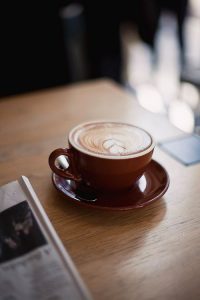
Image courtesy: www.pinterest.com
Caffeine is known to be the most consumed drug in the world. As much as It can help with your daily life by providing you the energy you need to get through your day, it can also disrupt your sleeping patterns, making you further dependent of it. That’s why it’s popular as one of the worst drinks for sleep.
Caffeine affects the body and your sleep in different ways, by doing the following:
- It increases dopamine in your system. When dopamine is released, the parts of your brain responsible for pleasure are activated. That makes you much more awake and alert than you should be.
- It stops adenosine, which is responsible for your own sleepiness. Throughout the day, your body produces adenosine in order to get you sleepy for bed time. However, drinking coffee blocks the release of adenosine, which ends up in you being wide awake at 11pm.
- It removes melatonin from your body. Melatonin is a hormone secreted by your body’s pineal. It helps regulating your sleeping cycle by making you sleepy near bed time. When you drink coffee, the melatonin is blocked, which disturbs your sleeping patterns.
You should keep in mind that while it may be true that the effects above might be required during the daytime, but caffeine needs around six hours to be flushed out of your body, hence why you should avoid drinking it after lunch. Also, if you still feel the need to drink something, you can then rely on something more health-effective like Energy Renew, for instance (see Energy Renew reviews here). They can help in lowering your blood pressure and maintaining a sustainable energy level.
Black Tea
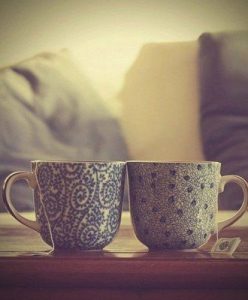
Image courtesy: www.pinterest.com
It is unsurprising that black tea makes it to this list, as it contains caffeine. We have seen how badly caffeine affects your sleeping patterns. While black tea doesn’t contain as much caffeine as coffee, it still has enough of it to disrupt your sleep. Not only that, but as any other typical beverage, drinking tea before bed might make you wake up in the middle of the night in order to go to the bathroom, which you would like to avoid.
If you still want to have a cup of tea before bed, it is a much better choice to opt for herbal teas or any type of tea which doesn’t contain caffeine.
Orange juice
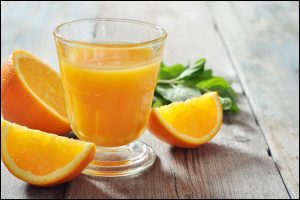
Image courtesy: www.pinterest.com
Yet another drink! Orange juice is known for its amazing effects on the human body, as it promotes alertness, youth and overall better performances.
Nonetheless, it is not as much of a good idea to drink juice right before bed, as it would definitely mess up your sleeping patterns.
First of all, oranges contain Vitamin C, which will give you unnecessary energy at bedtime – unnecessary because you want the exact opposite to fall asleep: no energy. It is even worse if your orange juice contains sugar, as this will make your energy levels spike up.
Not only that, but once again, drinking before bed will more than likely wake you up at night to go to the toilets, or simply get your bladder full for the night, which may result in a very uncomfortable sleep.
If you are dealing with sleeping issues, you can always take a look at our previous articles. There is a whole section dedicated for sleeping issues, where you can check the benefits of adjustable beds by the way.

